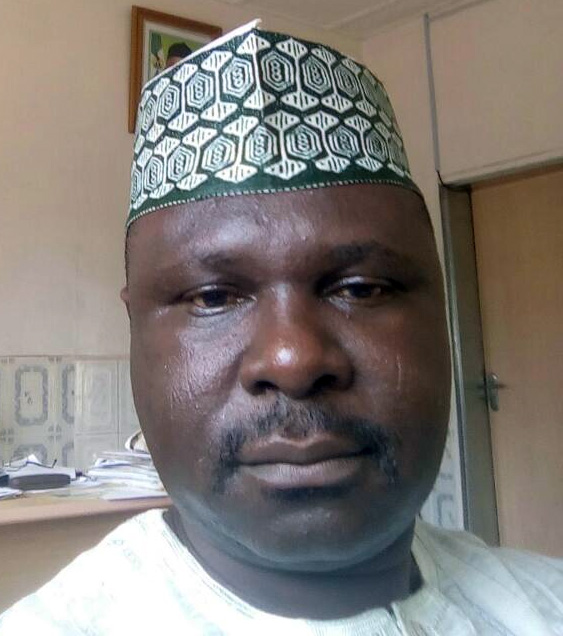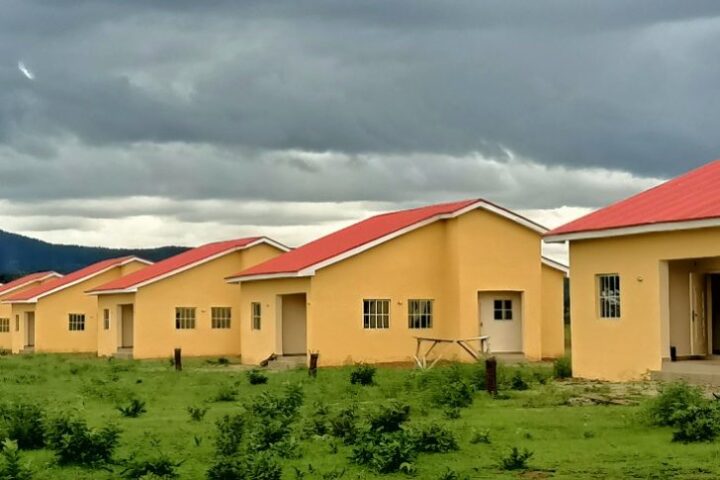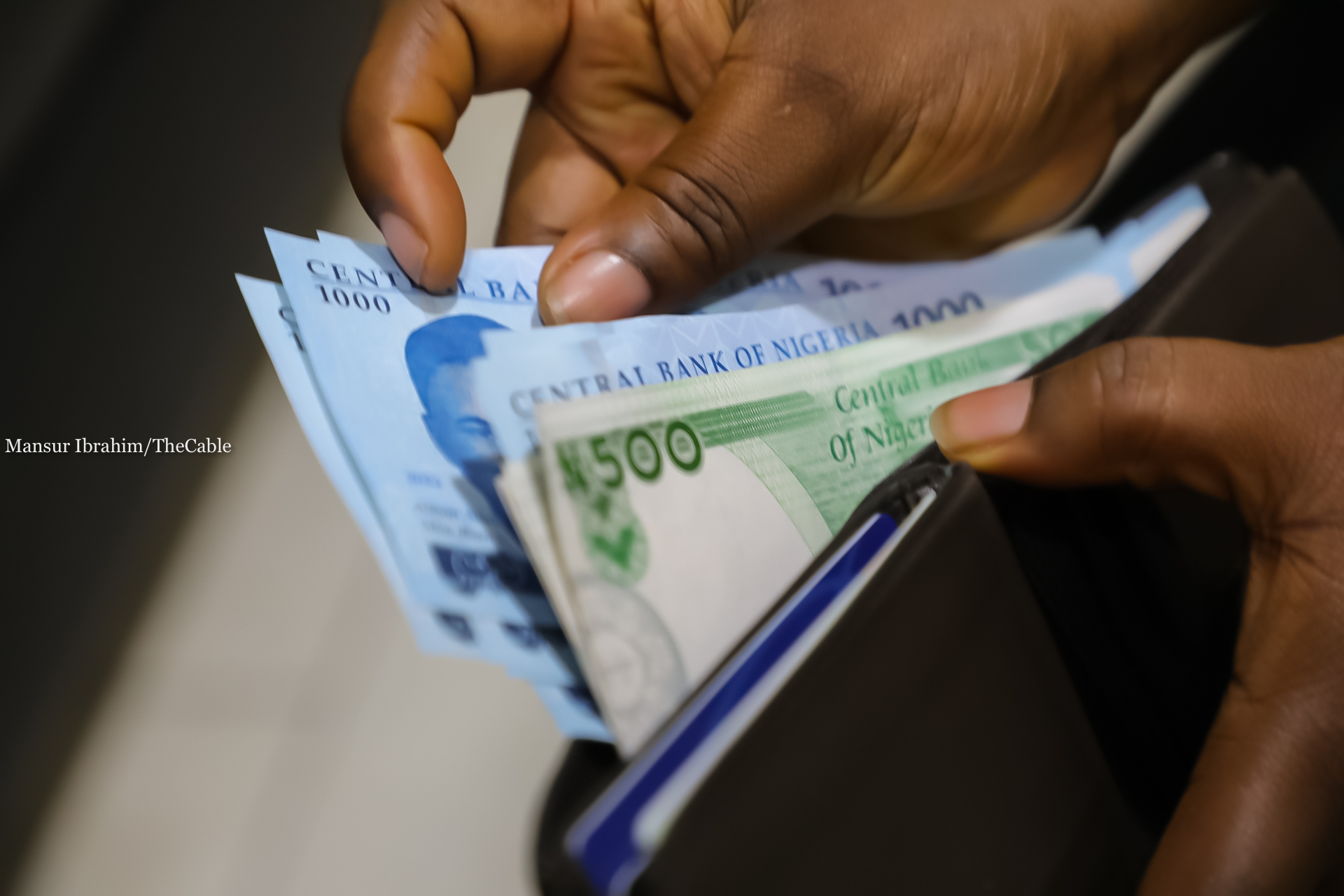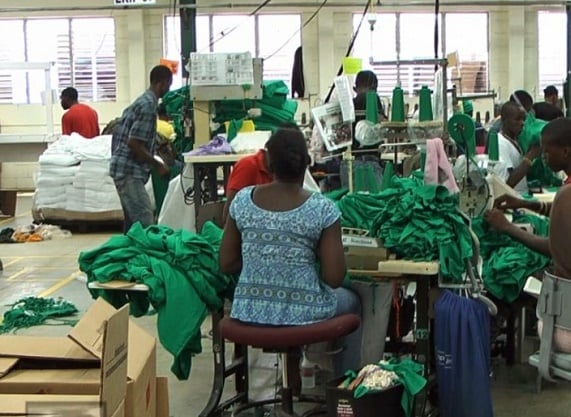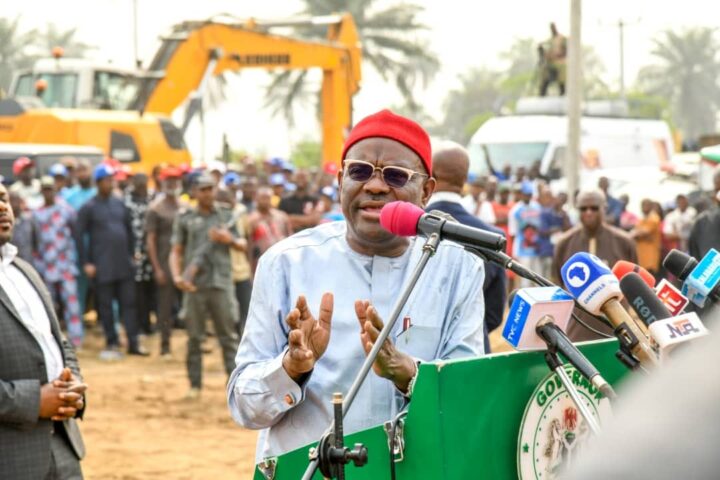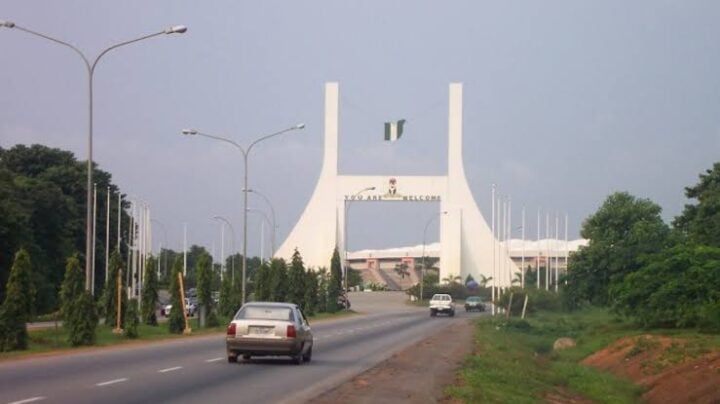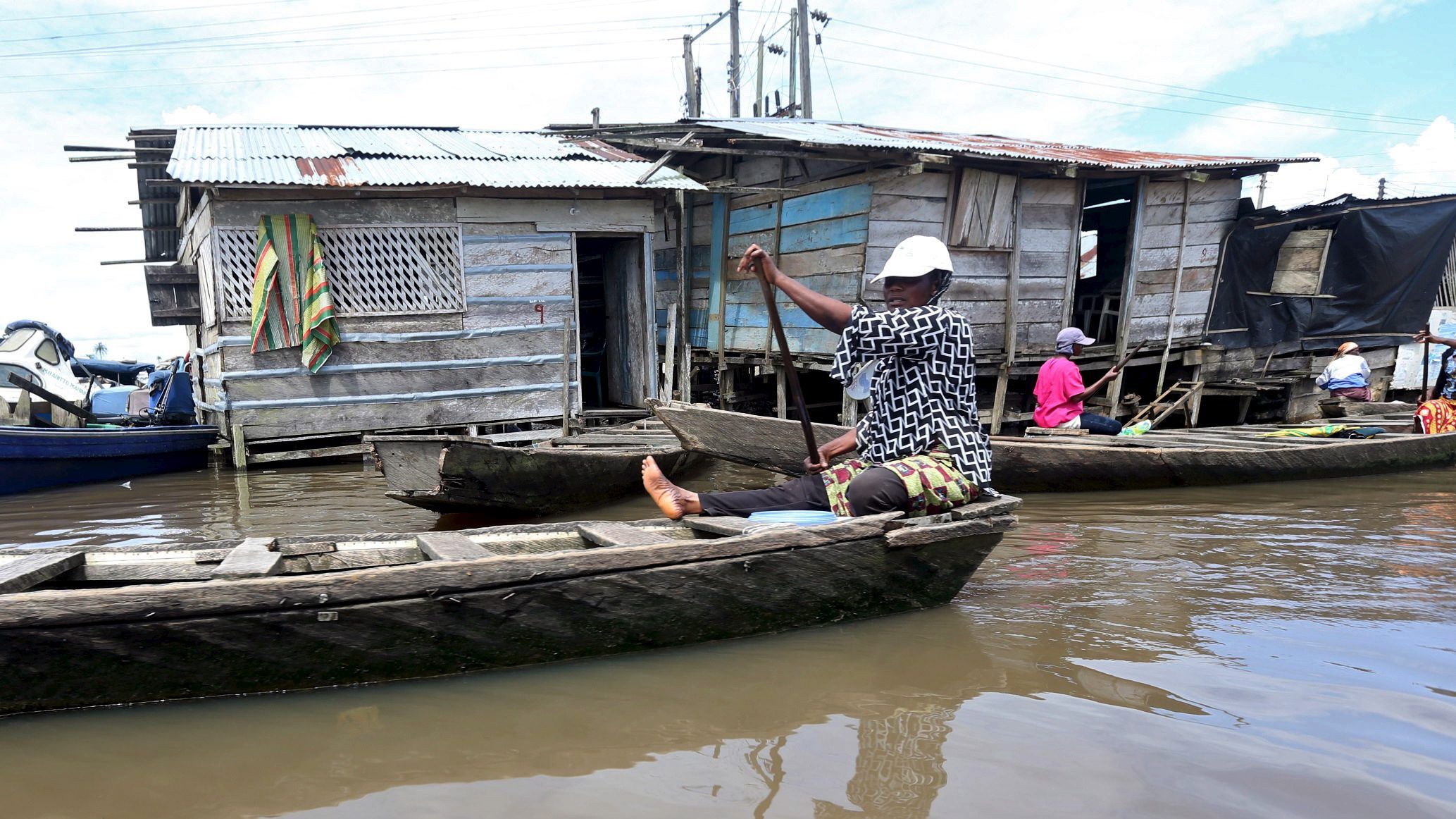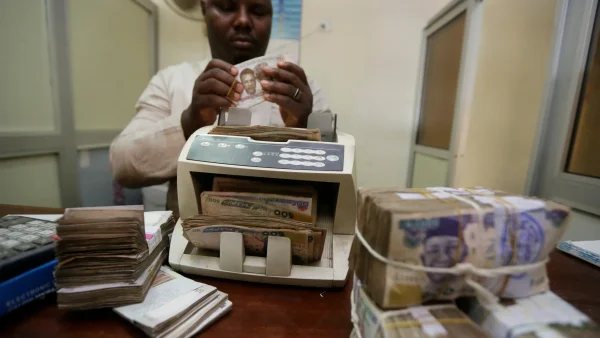Photo: Family Homes Funds Limited (FHFL)
Air, water and food, as well as shelter, rank on the same scale on Maslow’s hierarchy of physiological needs. In Nigeria, the last three are in short supply and the housing deficit has climbed to the rooftops. In 2021, the shortage stood at 17 million but this conservative estimate has now ballooned in the last two years. Governments, at all levels, are devising ways to bridge the gap using a multiplicity of approaches. In fact, Kaduna state has increased its housing stock in the last eight years using public-private partnerships, direct intervention and through private estate developers.
Last year, it built 228 housing units at Rigasa, comprising semi-detached, one-bedroom and two-bedroom bungalows around the Kaduna Train Station. Similarly, 224 others are being constructed at Unguwan Tanko, through direct intervention, as part of the government’s Social Housing Programme for low-income earners under the Ministry of Housing and Urban Development. Likewise, the Kaduna State Development and Property Company(KSDPC) has completed 35 low-cost houses at Rigachukun. Besides, KSDPC is also catering for upscale buyers in its housing bouquet. Specifically, it has completed the axis apartments at Barnawa and the maisonette, which comprises 17 units of three and four-bedroom terraces, is almost completed at Kabala Costain. More so, the company is remodelling Malali Low-Cost Housing Estate through public-private partnership.
Significantly, Governor Uba Sani recorded a significant milestone last week, in the fulfilment of his Sustain manifesto, with the groundbreaking of the Sanabil Project, initiated by the Qatar Charity for the construction of the Kaduna Economic City and the provision of mass housing. Indeed, the project is phenomenal, ambitious and the first of its kind in Nigeria and promises to redefine the country’s estate landscape. The governor, senior government officials and diplomats, including construction stakeholders, converged at Millennium City for the historic event on August 15.
The governor, in his welcome address, highlighted the merits of the project, its various components and the multiplier effect on both Kaduna’s economy and northern Nigeria in general. In particular, the economic city will provide world-class infrastructure, make Kaduna a reference point in modern and affordable accommodation, and provide adequate security and a conducive atmosphere for business activities. Likewise, clinics, shops and poultry farms, including farmlands for all-year agriculture, will be provided in the Economic City. Indeed, the city will facilitate international trade, by providing a platform for traders-entrepreneurs interface. In fact, the interaction “will help harness product value chain opportunities and improve economic growth,” the governor had promised.
Advertisement
Interestingly, housing is not the only project on the Qatar Charity’s checklist for Kaduna state. The poor, underserved and vulnerable children, the governor revealed, will benefit from scholarships and other empowerment programmes across the 23 local governments. In fact, sewing machines, welding machines and irrigation pumping machines, as well as salon kits, will be distributed to eligible beneficiaries. Likewise, boreholes will be drilled for deserving communities by the Qatar Charity.
Clearly, Governor Uba Sani intends to make Kaduna the leading economic hub in the north and the groundbreaking, for all intents and purposes, provides a road for investment. Indeed, in the housing sector, the governor has put his best foot forward, by putting square pegs in square holes, with his recent appointments. First, Alhaji Mohammed Sada Jalal, an architect with over two decades of banking experience, heads the Kaduna Geographic Information Service, a digital land registry that gives titles, monitors land use and implements best practices for land ownership in the state.
Similarly, Abubakar Rabiu Abubakar, a professional architect and grassroots mobiliser, now heads KSDPC, a company which provides affordable housing and commercial real estate in Kaduna state. Likewise, Ibrahim Hamza, another architect, is the commissioner of housing and urban development, who is expected to leverage his wealth of experience to increase the housing stock of Kaduna state.
Advertisement
Indeed, with architects manning a key ministry, a digital land registry and an efficient government company, Governor Uba Sani is set to bridge the housing deficit of Kaduna state.
Musa writes from Kaduna
Views expressed by contributors are strictly personal and not of TheCable.
